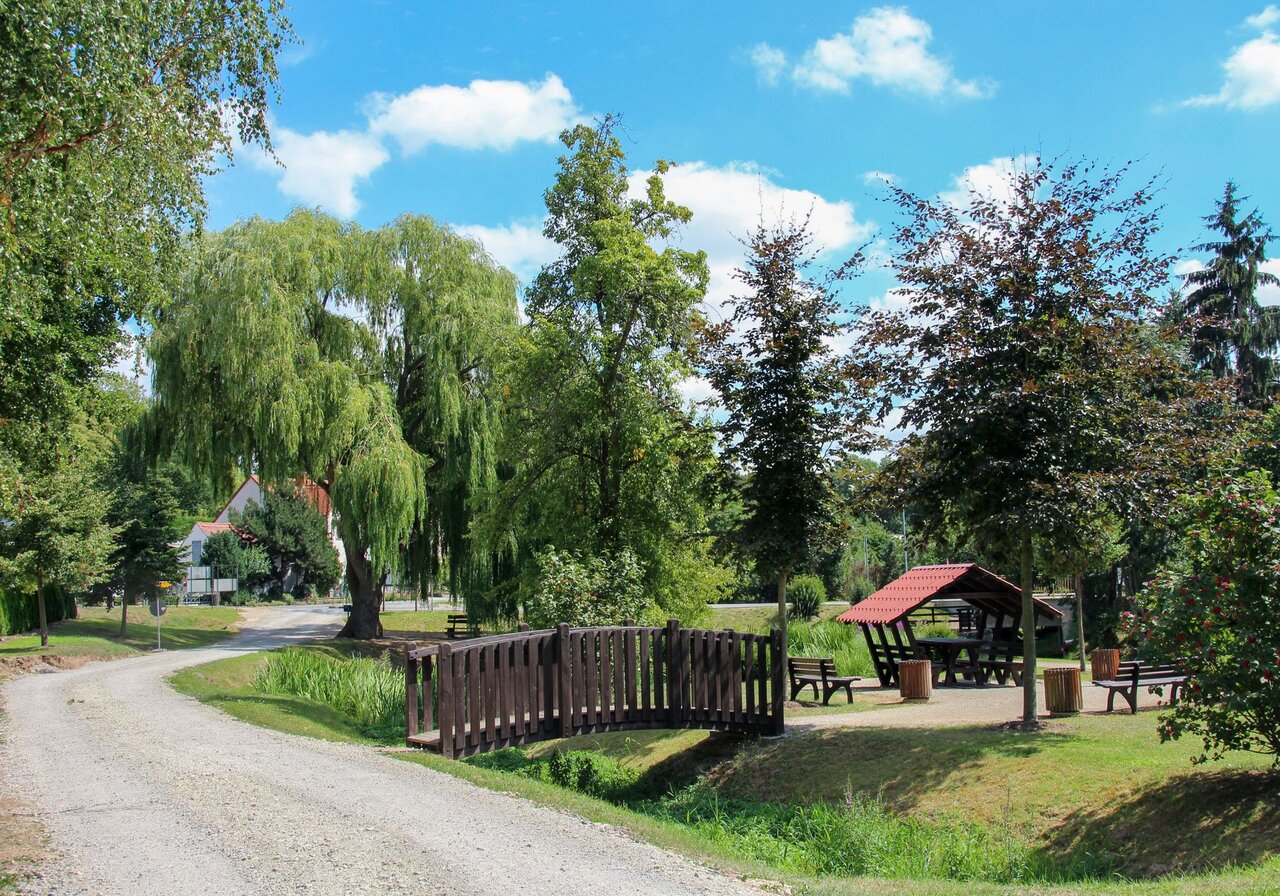Project
Special Analysis: Volunteering

Special analysis "Volunteering in different regional types" based on the German Survey on Volunteering (FWS) and the Socio-Economic Panel (SOEP)
In order to identify the potential of voluntary engagement for local communities, a fundamental and systematic documentation of voluntary engagement in rural areas is needed. The research project contributes to this by evaluating secondary data (Socio-Economic Panel SOEP, German Survey on Volunteering FWS) and systematically recording voluntary engagement in rural areas.
Background and Objective
The topic of "voluntary engagement" has been receiving considerable attention for some years now, not least because it has high potential for solving various problems in local self-organization. This is particularly true for rural areas. In recent decades, some of these areas have experienced in some cases severe dismantling of public infrastructure, migration of young people and an aging population. The hope is, that people who get involved locally with their community cushion problems in public services, (re)vitalize public life and help increase local social cohesion.
However, in order to assess how volunteering relates to the quality of life of people in rural areas, it is necessary at first to systematically record this engagement in rural areas. This has not yet been done.
Thus, empirically validated research regarding spatial and socio-demographic differences in volunteering, even over time, is still sparse. This special analysis contributes to documenting voluntary engagement in rural areas and to making developments visible, thus providing a solid basis for decisions on the promotion of voluntary engagement in rural areas.
In the Special Analysis of Voluntary Engagement (SA:FE), we evaluate representative survey data to trace the distribution and development of voluntary engagement in different regional types in Germany. We pay particular attention to socio-demographic differences between regional types. The empirical findings on volunteering in rural areas presented in this evaluation can serve as a working and decision-making basis for the promotion of volunteering in rural areas as well as for further research in this area.
Approach
Quantitative analyses based on survey data (Socio-Economic Panel, German Survey on Volunteering) on volunteering in different regional types.
Our Research Questions
- How does voluntary engagement change over time in the different regional types?
- How does individual voluntary engagement of different socio-demographic groups differ within the different regional types (also over time)?
- In which areas do young people in particular get involved in the different regional types?
- Are there gender-specific differences concerning voluntary engagement?
- What are common reasons for the termination of voluntary engagement or against getting involved in volunteering?
Results
Regarding spatial inequalities in volunteering, there is typically a higher proportion of volunteering in rural areas compared to non-rural areas. Volunteering rates are particularly high in very rural areas and in areas with a favourable socio-economic situation, as well as in western Germany.
Socio-demographic inequalities are particularly evident in terms of age, gender, level of education, religiosity, household type, income, and migration background.
- The proportion of young people involved is particularly high compared with other age groups and is rising sharply over the period observed. A relevant factor for the participation of young people is the participation of their parents, especially in rural areas.
- Men are much more likely to be active in institutionalised forms, especially in the older age groups and in (very) rural areas with a good socio-economic situation. In contrast, women are slightly more likely to be involved in non-institutionalised forms. Men and women are also more likely to be involved in different fields of volunteering than people of the other sex.
- The analyses show clear educational differences, which can already be observed among students who have not yet completed their education, depending on the type of school. A higher level of education or higher educational aspirations is associated with higher proportions of volunteering. This is the case for all types of volunteering, with the exception of 'accident and emergency services and fire brigade'.
- Higher household income is also associated with higher levels of volunteering.
- Religiosity also plays a role in volunteering, with significantly higher and increasing proportions of churchgoers volunteering compared to non-churchgoers.
- Inequalities in volunteering are also evident in relation to migration background, particularly in the case of institutionalised volunteering. People with direct or indirect experience of migration are significantly less (institutionally) involved than people without migration experience.
- With regard to household types, couples with children in particular are more likely to volunteer than other household types.
- In rural areas, gender, household income, and migration background have a greater impact on volunteering compared to non-rural areas. Individuals who are male, have higher household incomes, and do not have a migration background have easier access to participation.
Thünen-Contact

Involved Thünen-Partners
Funding Body
-
Deutsche Stiftung für Engagement und Ehrenamt (DSEE)
(national, öffentlich)
Duration
10.2022 - 3.2023
More Information
Project funding number: DSEE.03.2022.00024
Project status:
finished
Publications to the project
- 0
Kleiner T-M, Kühn M (2024) Freiwilliges Engagement im Spiegel räumlicher und sozialer Ungleichheit. Braunschweig: Thünen-Institut für Lebensverhältnisse in ländlichen Räumen, 2 p, Project Brief Thünen Inst 2024/10, DOI:10.3220/PB1712042986000
- 1
Kleiner T-M, Kühn M (2024) Volunteering in terms of spatial and social inequalities. Braunschweig: Thünen Institute of Rural Studies, 2 p, Project Brief Thünen Inst 2024/10a, DOI:10.3220/PB1712653357000
- 2
Kleiner T-M (2023) Der Sankt-Martin-Effekt : Engagement und soziale Ungleichheit. Forum sozial(4):46-49
- 3
Kleiner T-M, Kühn M (2023) Engagement im Spiegel sozialer und räumlicher Ungleichheit : Empirische Analyseergebnisse auf Basis des Deutschen Freiwilligensurveys (2019) und des Sozio-oekonomischen Panels (2001-2019). Braunschweig: Johann Heinrich von Thünen-Institut, 110 p, Thünen Rep 111, DOI:10.3220/REP16883716210

![[Translate to English:] [Translate to English:]](/media/_processed_/2/0/csm_LV_Bei_Hornburg_Quelle_Johanna_Fick_neu_da89674833.jpg)
![[Translate to English:] [Translate to English:]](/media/_processed_/2/0/csm_LV_Bei_Hornburg_Quelle_Johanna_Fick_neu_3aae309567.jpg)




